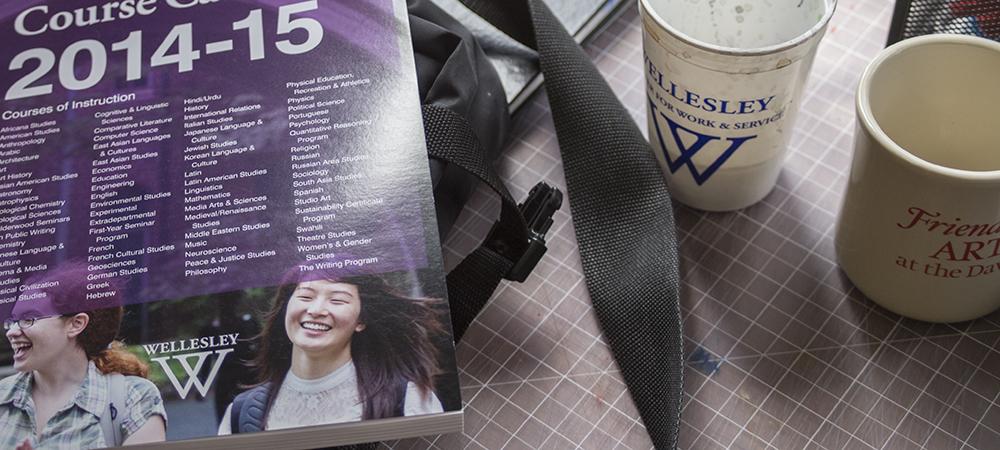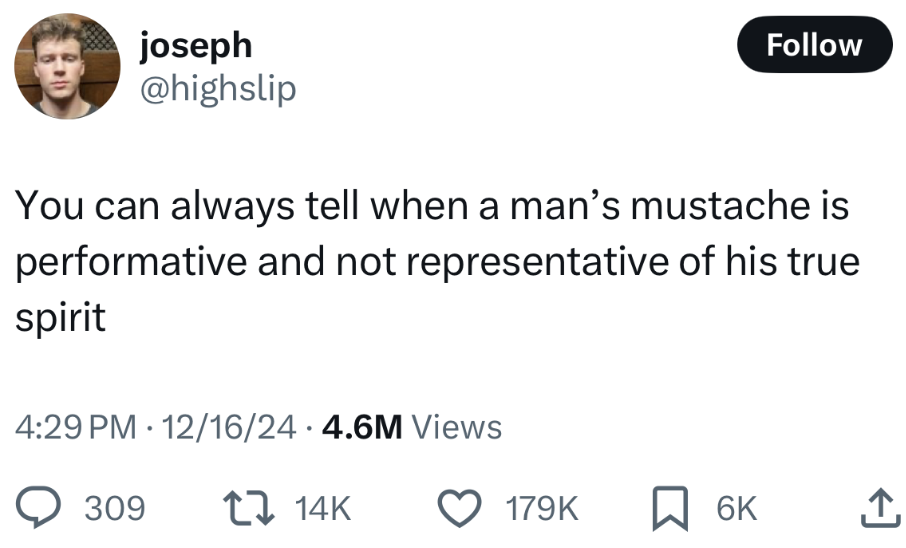How do we reconcile liberal arts with a passion for a specific field of study? When first-year students arrive at Wellesley and meet with their advisors, confusion arises: prospective Economics majors meet with French professors, history aficionados awkwardly discuss gravity with Physics professors and mathletes idly wonder if Shakespeare ever did calculus. Albeit exaggerated, the situation is frequent during freshman orientations, when the administration pairs students with seemingly random professors, regardless of the student’s actual interests or potential major.
As a result, first-years often depend on upperclassmen to find out more about their fields of study or end up attending classes without knowing how to proceed in their academic careers. Fast-forward a few semesters and a dozen midterms, and the situation reverses: the same wide-eyed freshmen are now peering blearily into the computer screen, where a list of distribution requirements remain unfulfilled.
Perhaps some of them even regret their initial choices and wonder whether to switch majors. The problem is a lack of cohesiveness amongst the various disciplines. A professor of English may cheerfully enlighten her student on the merits of a pre-1800 course but may not be able to advise on the appropriate science or math course for someone who is weak with numbers and dissected toads. To make matters worse, the idea of contacting unknown professors in unknown disciplines daunts students and leads them to venture into areas of study without proper tools or knowledge.
Perhaps we can draw a compromising solution as such: keep the distribution requirements because they are the necessary core of a liberal arts education but blend the disciplines to make more room for exploration. Allow students to employ their best skills in a new discipline while they acquire new ones. At the moment, fulfilling the distribution requirements at Wellesley has become a tedious, robotic process; instead of broadening our horizons, we only end up learning ways to avoid the field of study in the future. We hopelessly attach ourselves to our majors and minors not because they offer us a new and exciting endeavor but because they are cushy and easy and way too comfortable. The solution is to ease.
Ease a history major into conducting lab experiments. Ease a numbers-oriented student into writing twenty-page dissertations with footnotes. The classes at Wellesley are notorious for their difficulty and grade deflation, and in no way should unexplored fields scare students away from obtaining new knowledge and skills that would enrich their personal and professional lives.
All major disciplines should incorporate a class that would appeal to those seeking knowledge in a new field and potentially fulfill a distribution requirement. For instance, lab requirements are always troublesome for humanities and social science majors. The College offers some interesting opportunities for those wishing to explore outside the triad of physics, biology and chemistry. Introductory astronomy and horticulture classes fill up every year in a matter of seconds, and certainly, there is an appeal in re-imagining Hogwarts while studying the stars at night or achieving the satisfaction of growing your little garden.
However, the current curriculum excludes those who may wish to learn biology or chemistry but lack the tools to succeed in a challenging introductory course. Expectations are high in classes filled with budding stem cell researchers and premed students, and a student completely new to the discipline should have a chance to try a new subject on the side while focusing on her major. Humanities and social science departments often offer some 100-level courses specifically designed for those pursuing a different field. These same courses fulfill the distribution requirements for Language and Literature and Social Science. While the science and math departments provide courses geared towards fostering new interest, they do not have any similar courses that would fulfill any of the distribution requirements. Perhaps creating a lab course focused on science writing and research would benefit those who wish to study a new discipline while actively using their strongest skills.
Wellesley College offers students excellent instruction in their choice of study and exploration of a broad liberal arts curriculum, but somehow, students struggle to choose the correct classes or wind up with a schedule with no room for sleeping or eating.
Understandably, Wellesley College encourages self-sufficiency and an individual learning experience, so a student who takes three labs per semester or chooses to lead four organizations would learn their own limits and acquire time management skills. But then, what differentiates Wellesley College, a small liberal arts college, from universities? If students cannot acquire an actual liberal arts education, then why should students pay exorbitant fees just to lose motivation and steam midway through college?
The point is not to make distribution requirements easier but to allow students to breathe and enjoy a youthful change of pace and perhaps lead them into more challenging pursuits. Giving students more options regarding distribution requirements would achieve Wellesley College’s goal of providing students with skills to last for life, in whatever field they choose.









